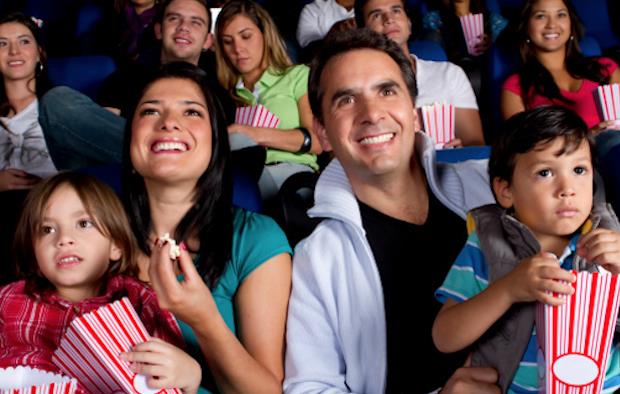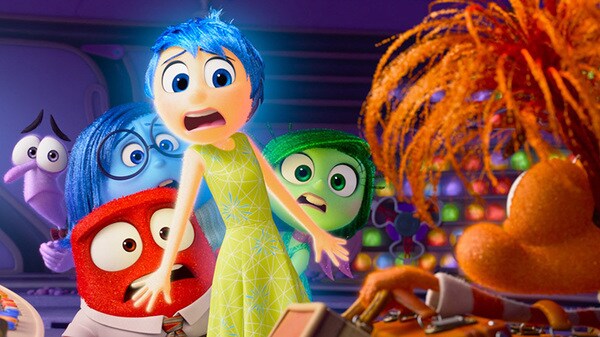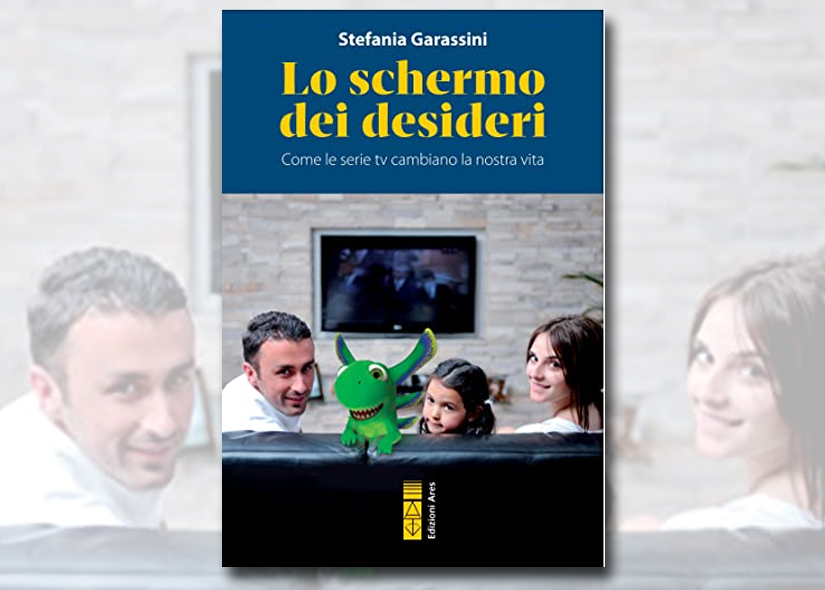The Image of Fatherhood in 100 Movies
We are happy to announce the presentation of a soon-to-be-published book that gathers reviews for 100 family movies.
At the heart of every story is the figure of the father or fatherhood. Each is in turn, worth watching with family or in good company.
Being the father of a family with children is a challenge that has always fascinated the academic world, the press, and of course, the cinema. First, the industrial revolution, and later the sexual revolution, have little by little created Western society as we know it today.
Our vision of men has changed, and in a certain sense, has lost its strength. For centuries, man and the father (manhood) was seen as an almost mythical being. He was a legendary and untiring figure that lived solely for work and provided for his wife and family. Only rarely and when possible, as Martínez- Echevarríawrites (Rethinking Work, 2004),would he seek small moments to rest, spent consuming large amounts of tobacco and alcohol, and in some cases, in the company of other women (without generalizing).
He lived his life according to three principles which, in popular wisdom, formed the pillars of masculine life: 1) leave your feelings at home; 2) have an iron stomach; 3) have a strong ability to fall asleep…in the style of Mr. Draper, the protagonist of the famous TV series, Mad Men. Only in this way could a man face the daily challenges of our era, the hard necessities of the working world, the world wars and his own crises.
Today on the other hand, we are getting used to the picture of fathers who accompany their children to the park, cook at home, and even dedicate themselves to domestic tasks with skill. He still, however, devotes too much time to work at the expense of family relationships.
Certainly this isn’t the best situation either, but at the base of everything, justification is claimed on the grounds that our children’s well-being, education, and chances for success in the future, depend on the work. “Few topics have the strength, the character and the transcendence typical of father figures, both in general and in our current situation,” affirmed Rafael Alvira (Preface to R. Hurtado. Fatherhood in the thought of Karol Wojtyla). The fact is that we miss man-father’s figure.
The present study tries to put on the table a particular question raised by scholars in various disciplines: Can the father’s presence as head of his family be reduced to mere “physical presence?” There is a risk of starting this reflection with odious generalizations that can cloud our objectivity. Suffice it to say that, at least in the movies, it is possible to perceive how great directors and producers want to present the father as more than a “simple worker”.
The media is also conducting a strong adverting campaign to convince men that they do not know how to manage their own emotions (M.Calvo, Stolen masculinity 2011). In fact, man has to change himself and place his wife and children at the center of his heart. Is this cultural change possible? Right now it seems to me that the big screen is fighting this very battle. These analyses of the father’s image in 100 movies prove it, each of them taking into consideration one of the following seven criteria for selection:
A focus on the father figure of a natural family.
Clear demonstrations of heroism on the part of the father (and mother) in family life.
Cultural representations of a religious order (ceremonies, weddings, people who make the sign of the cross, in other words, they include the presence of religion).
A reference to historical facts.
Diversity of cinematographic generes.
The avoidance of explicit sexual scenes, or scenes of violence, alcoholism, drug addiction, and nicotine addiction.
The avoidance of situations of infidelity, divorce, and abortion.
The focus in this analysis is looking at how the main protagonist carries out his role as father. It includes in particular: 1) his process of maturation, 2) his ability to care for others, 3) his offer to service in the construction of the world. We will see how these three elements, each fundamental in the development of the whole human person, are present in very different ways in each of the different characters. Sometimes the men are unusual, like Superman, and they range from Alex Murphy (Robocop) to Noah.
The aim of this book is to provide a list of 100 movies dedicated to fatherhood that can serve as a guide that helps families know how to choose the best movie to watch. In my view, selecting the appropriate movie to watch with family and friends cannot be limited to merely indicating inappropriate scenes (sexual scenes, complicated family situations, violence and corruption, etc..) The choice must instead focus on a positive purposeful standard, based on educational goals that are united to fun and good natured escape.
(*) Rafael Hurtado is a professor in the Humanities Department at the Panamericana University in Guadalajara, Mexico















